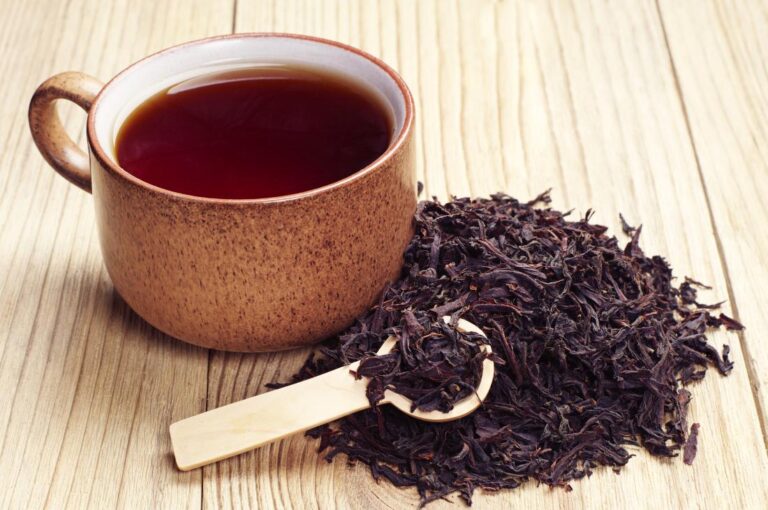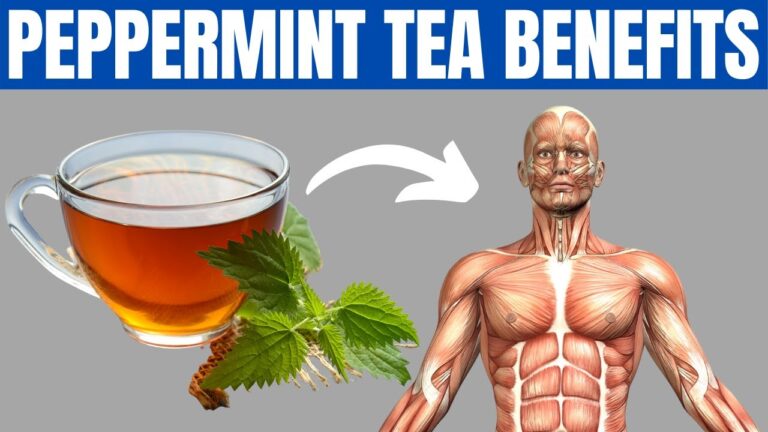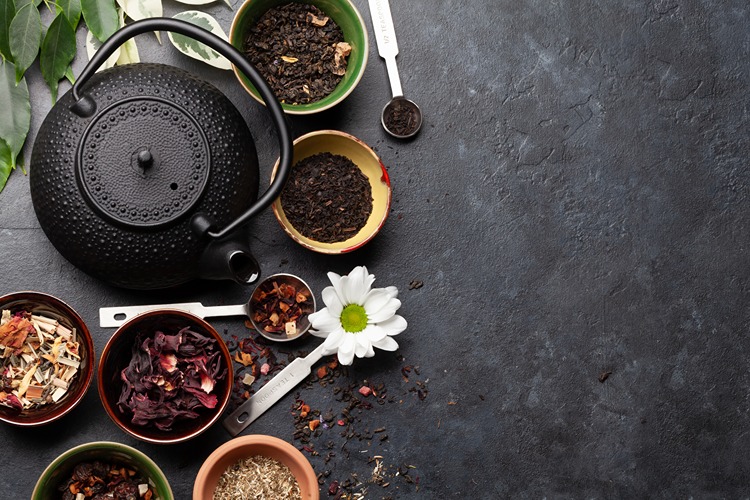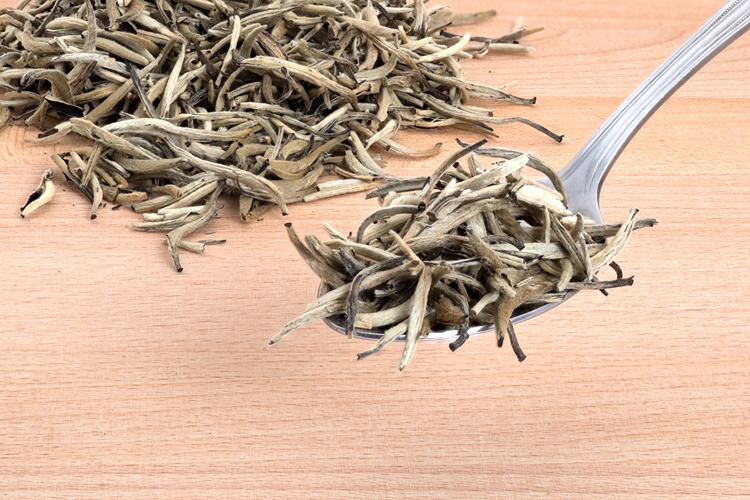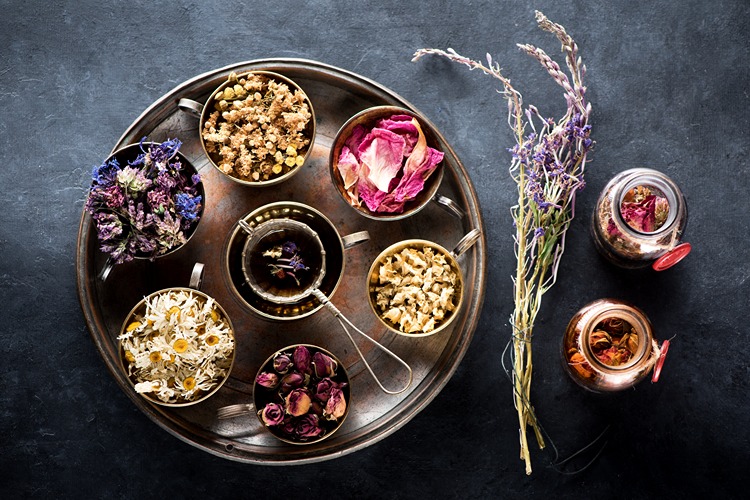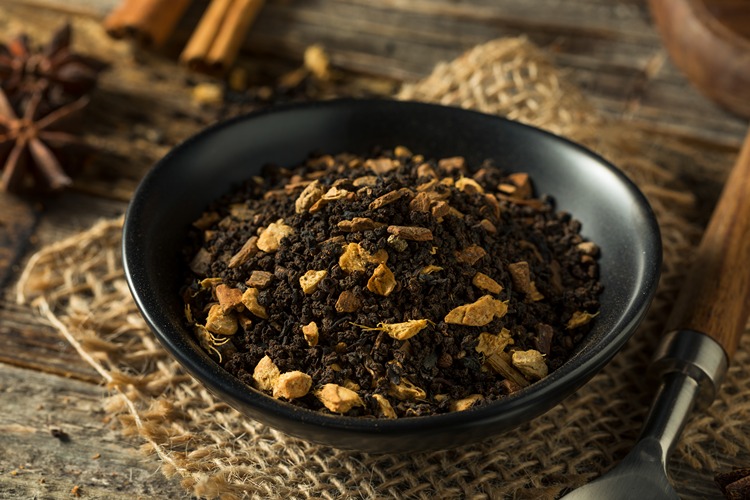Organic teas have seen a remarkable surge in popularity in recent years, and for good reason. Packed full of health benefits and bursting with diverse flavors, organic teas represent the purest form of the world’s most consumed beverage, second only to water. This article delves deep into the world of organic teas, exploring everything from their origins to their manifold varieties.
The Magic of Organic Teas
Organic teas are derived from plants that have been grown without the use of synthetic pesticides, herbicides, and fertilizers. This sustainable farming approach ensures the final product is free from harmful chemicals, offering a clean, untainted tea-drinking experience.
Understanding the Organic Certification Process
For a tea to be labeled as “organic,” it must meet stringent standards laid out by certification bodies. This involves careful inspection of the tea plantations, scrutinizing everything from the soil conditions to the farming practices employed, ensuring every aspect of production aligns with organic principles.
Exploring the Organic Tea Varieties
The world of organic tea is remarkably diverse, with numerous tea types each offering their unique profiles of flavor, aroma, and health benefits.
Green Tea
Organic green tea is known for its subtle, delicate flavor and myriad health benefits. It’s loaded with antioxidants, particularly catechins, which have been linked to improved heart health and lower risk of certain types of cancer.
Black Tea
Organic black tea, the most consumed variety globally, boasts a robust, full-bodied flavor profile. Its high caffeine content and rich taste make it a perfect morning brew to kickstart the day.
Oolong Tea
Organic oolong tea, often described as a halfway point between green and black tea, offers a complex blend of flavors. It’s well-regarded for its potential weight management benefits and its purported ability to boost brain function.
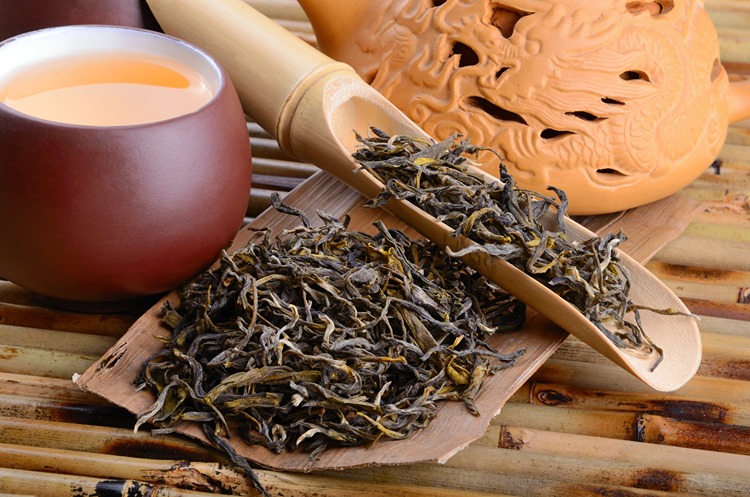
Rooibos Tea
Originating from South Africa, organic rooibos tea is a naturally caffeine-free herbal tea with a sweet, slightly nutty taste. It’s packed with antioxidants and has been linked to heart health and reduced risk of type 2 diabetes.
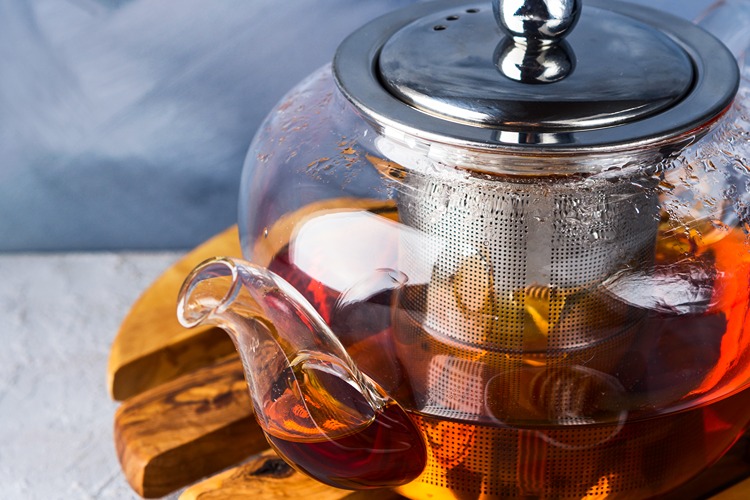
Why Choose Organic Tea
Choosing organic tea over conventional varieties presents several benefits:
- Free from Harmful Chemicals: Organic teas are grown without the use of synthetic pesticides and fertilizers, ensuring you’re sipping on a cleaner, healthier brew.
- Richer in Nutrients: Organic farming practices often result in produce with higher nutritional value, and this extends to organic teas.
- Better for the Environment: Organic farming reduces pollution and is generally more sustainable, contributing to the health of our planet.
- Tastes Better: Many tea drinkers claim that organic teas offer a purer, more robust flavor profile.
Brewing Your Perfect Cup of Organic Tea
The brewing process can significantly influence the taste and health benefits of your organic tea. Here’s a simple step-by-step guide to brewing your perfect cup.
Materials Required
- A teapot or tea infuser
- Your chosen organic tea (loose leaf or tea bags)
- Fresh, filtered water
- A tea strainer (if using loose tea)
- Your favorite tea cup or mug
Brewing Steps
- Heat your water to the recommended temperature for your specific type of organic tea.
- Place the loose tea leaves in the infuser or the tea bag in your cup.
- Pour the heated water over the tea.
- Steep for the recommended amount of time. This can vary depending on the type of tea and your personal taste preferences.
- Remove the infuser or tea bag, and your perfectly brewed cup of organic tea is ready to be enjoyed!
Frequently Asked Questions About Organic Teas
Q: How is organic tea different from conventional tea?
A: Organic tea is grown without the use of synthetic pesticides, fertilizers, and herbicides, ensuring a healthier, cleaner beverage.
Q: Are organic teas naturally caffeine-free?
A: Not all organic teas are caffeine-free. Herbal teas like rooibos and chamomile are naturally caffeine-free, but tea types like black, green, and oolong do contain caffeine.
Q: Where can I buy high-quality organic teas?
A: High-quality organic teas can be purchased from reputable online retailers, health food stores, or specialized tea shops.
Bottom Line
The world of organic teas offers a treasure trove of flavors, aromas, and health benefits waiting to be discovered. From the lightly processed green tea to the naturally caffeine-free rooibos, there’s an organic tea out there to suit every palate. Embark on your organic tea journey today and enjoy the clean, vibrant tastes of nature’s finest brews.
Additional Resources
For further exploration into the fascinating world of organic teas, consider checking out the following resources:
- Organic.org: A comprehensive resource for all things organic. Find detailed information on organic farming practices and the benefits of organic products.
- Tea Association of the USA: This organization offers a wealth of information on different tea types, including organic teas.
- ITO EN: As one of the leading tea companies globally, ITO EN’s website contains a plethora of valuable information on various teas, including a wide range of organic options.

